Best and Worst Offseason Strategies We've Seen Ahead of the 2024 NFL Draft
Best and Worst Offseason Strategies We've Seen Ahead of the 2024 NFL Draft
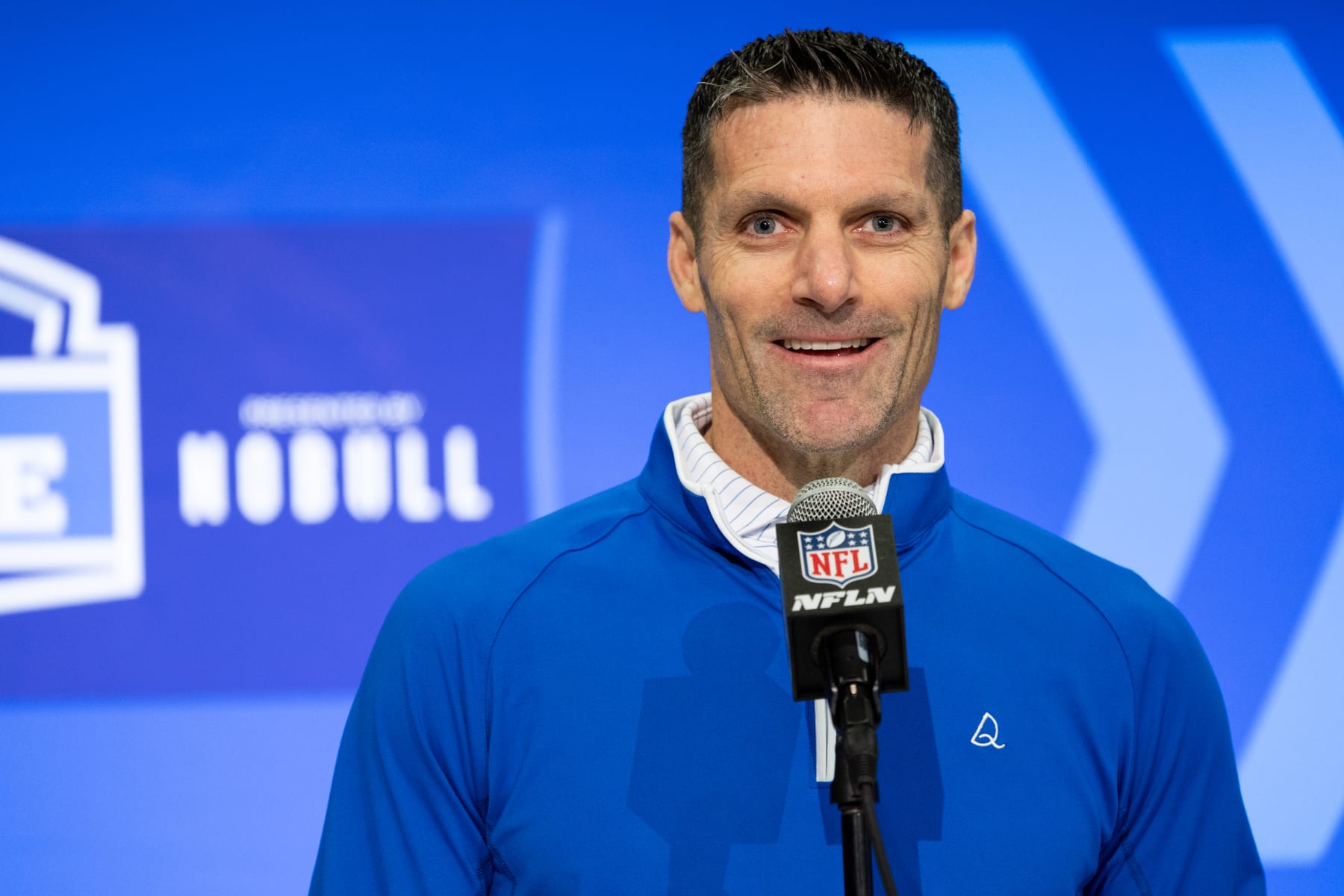
The early offseason frenzy has quieted, and while some big moves will inevitably trickle through the news wire—like Wednesday's Stefon Diggs trade—most teams are now firmly focused on this month's draft.
It's been a wild ride to get to this point, with early free agency unfolding faster than bad origami.
While most teams are willing to rapidly hand out big money in March and April, it's important to remember that "winning the offseason" doesn't always lead to winning games. The best teams approach free agency with a defined plan, and some plans are far better than others.
Here, we'll dive into some of the most logical and baffling strategies employed in the 2024 offseason thus far and how they might tie into this year's draft. We'll look at the good and the bad—not so much the in-between—based on factors like roster construction, organizational direction, previously existing team needs and cap/contract information where applicable.
Best: Atlanta Falcons Go After Their Quarterback
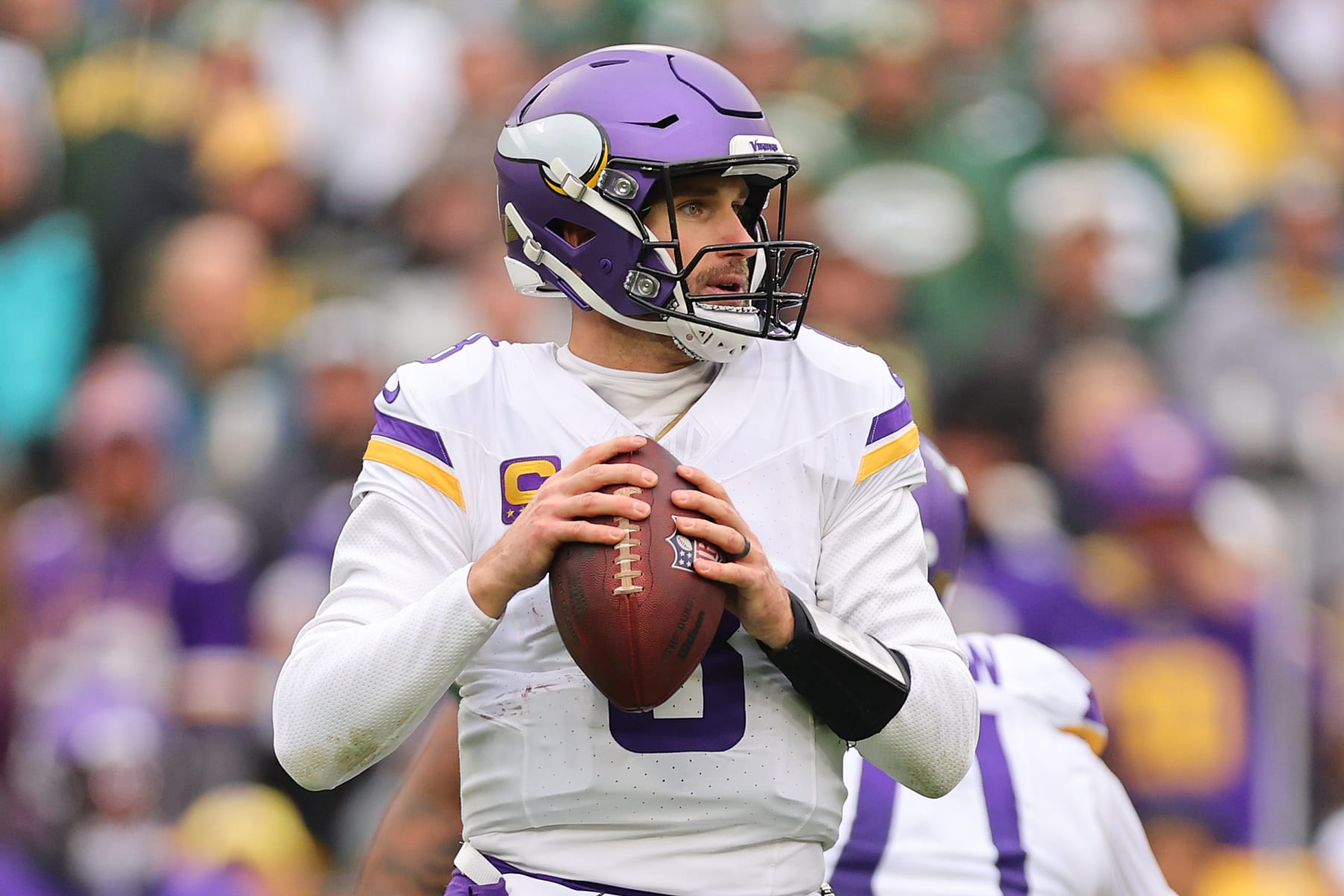
Considering eight and nine wins were enough to claim the NFC South in 2022 and 2023, respectively, the Atlanta Falcons reside in a very winnable winnable division The Tampa Bay Buccaneers may again be the favorites after retaining Baker Mayfield, Mike Evans, Lavonte David and Antoine Winfield Jr.
However, the Falcons weren't far off in 2023, finishing with seven wins despite having some putrid quarterback play. They seemed to have solved the quarterback problem, though, by signing Kirk Cousins to a four-year, $180 million deal on the opening day of the legal-contact period.
Atlanta was aggressive in getting its quarterback, which was the right approach for a team that had many of the other pieces in place. The Falcons defense ranked 11th overall in 2023, and the offense is littered with playmakers like Bijan Robinson, Drake London, Kyle Pitts and Tyler Allgeier.
Atlanta also took steps to further improve Cousins' cache of pass-catchers, signing Darnell Mooney and trading for Rondale Moore.
The Falcons could have waited until the draft to try landing a QB with the eighth overall pick, but targeting a veteran was the right approach. Quarterback aside, Atlanta had a roster ready to challenge in the NFC South now.
Atlanta can now take a best-player-available approach at No. 8 or trade the pick to a QB-needy team. Not every team would have been wise to bet on a 35-year-old quarterback coming off a torn Achilles, but the Falcons were.
Worst: Arizona Cardinals Do Little to Help Kyler Murray
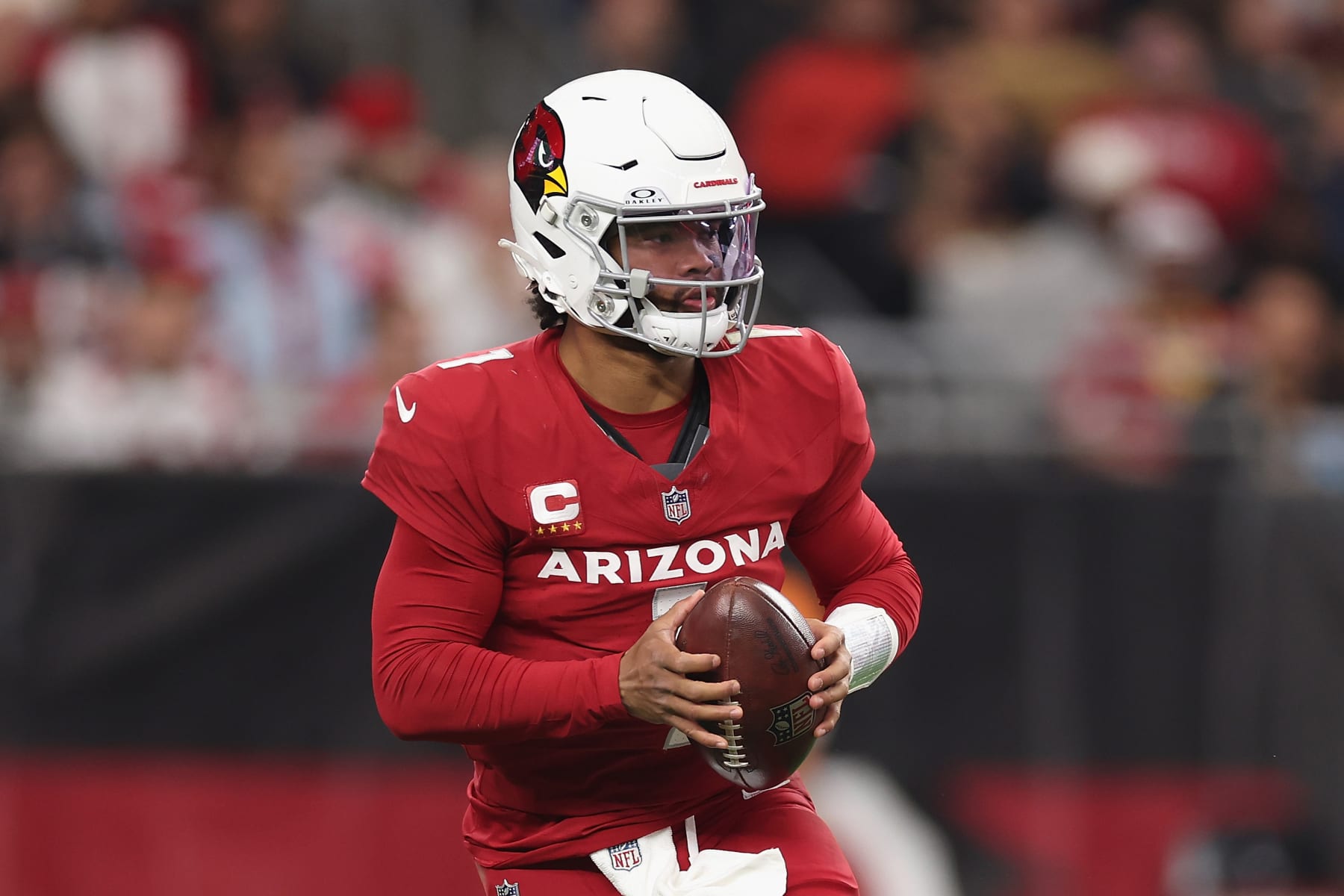
A year after hiring Jonathan Gannon as their head coach, the Arizona Cardinals aren't poised to find a new quarterback. Kyler Murray returned from his torn ACL last season and did enough to earn Gannon's confidence.
"You know I'm a Kyler guy now." Gannon told Arizona Sports' Burns & Gambo podcast (h/t Jason Owens of Yahoo Sports).
While Arizona might believe in Murray, it sure hasn't done much to support its franchise quarterback. The Cardinals let Marquise Brown walk in free agency while adding receiver Chris Moore, running back DeeJay Dallas, center Evan Brown and offensive tackle Jonah Williams.
Williams might be the only starter out of the bunch, and at two years and $30 million, the Cardinals overpaid. The 26-year-old simply isn't a reliable pass protector and allowed eight sacks in 2023, according to Pro Football Focus.
Much of Arizona's focus in early free agency was on defense, and with Gannon running the show, that's unsurprising. However, it would have been wise to get Murray a little help—you know, something Gannon watched the Philadelphia Eagles do for Jalen Hurts before their 2022 Super Bowl run.
Murray has yet to show that he can carry Arizona deep into the postseason. He's not going to do it with a supporting cast that lacks reliable playmakers outside of tight end Trey McBride and running back James Conner.
However, the Cardinals' approach does make a little more sense if they've already penciled in a receiver like Ohio State's Marvin Harrison Jr. for the fourth overall pick. Maybe an all-offensive draft is incoming for Arizona. If it isn't, it's hard to envision the Cardinals being relevant in a talented NFC West this season.
Best: Philadelphia Eagles Make Defense a Priority
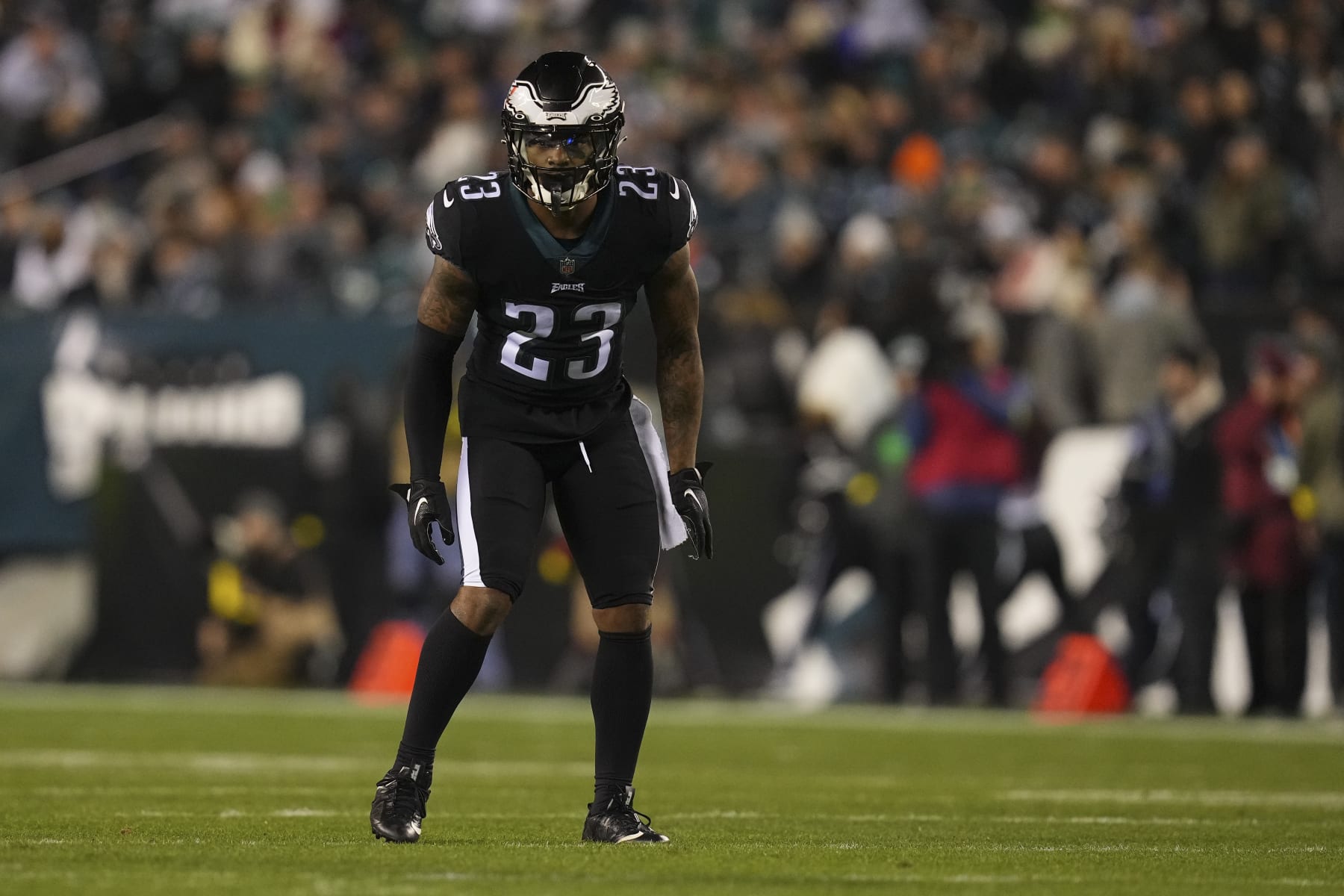
The Eagles narrowly lost Super Bowl LVII and appeared to be headed back to the Big Game before a stunning late-season collapse in 2023. Change was needed, especially on the defensive side of the ball.
Philadelphia finished the regular season ranked 26th in yards allowed and 30th in points allowed.
The Eagles' first step was to bring in Vic Fangio as defensive coordinator. It was a brilliant hire because Fangio's system is very similar to the one Gannon ran during Philly's 2022 Super Bowl run.
However, the Eagles didn't stop there. They focused heavily on defense in free agency, adding Bryce Huff, Zack Baun, Devin White, Tyler Hall and C.J. Gardner-Johnson. Philadelphia did trade away pass-rusher Haason Reddick, but it has its replacement in Huff.
The defense should be better organized and more consistent than it was in 2023, especially in the back seven. The Eagles didn't completely ignore the offense—they added DeVante Parker, Matt Hennessy, Parris Campbell and standout running back Saquon Barkley—but after finishing seventh in scoring last season, a ton of help wasn't needed.
A defense-heavy approach was warranted here, and the Eagles might not be finished. Taking the top defensive back or pass-rusher available with the 22nd overall pick would cap a transformative offseason for the Philadelphia defense.
It took work, but the Eagles are poised to be serious NFC contenders once again.
Worst: Dallas Cowboys Do Nothing
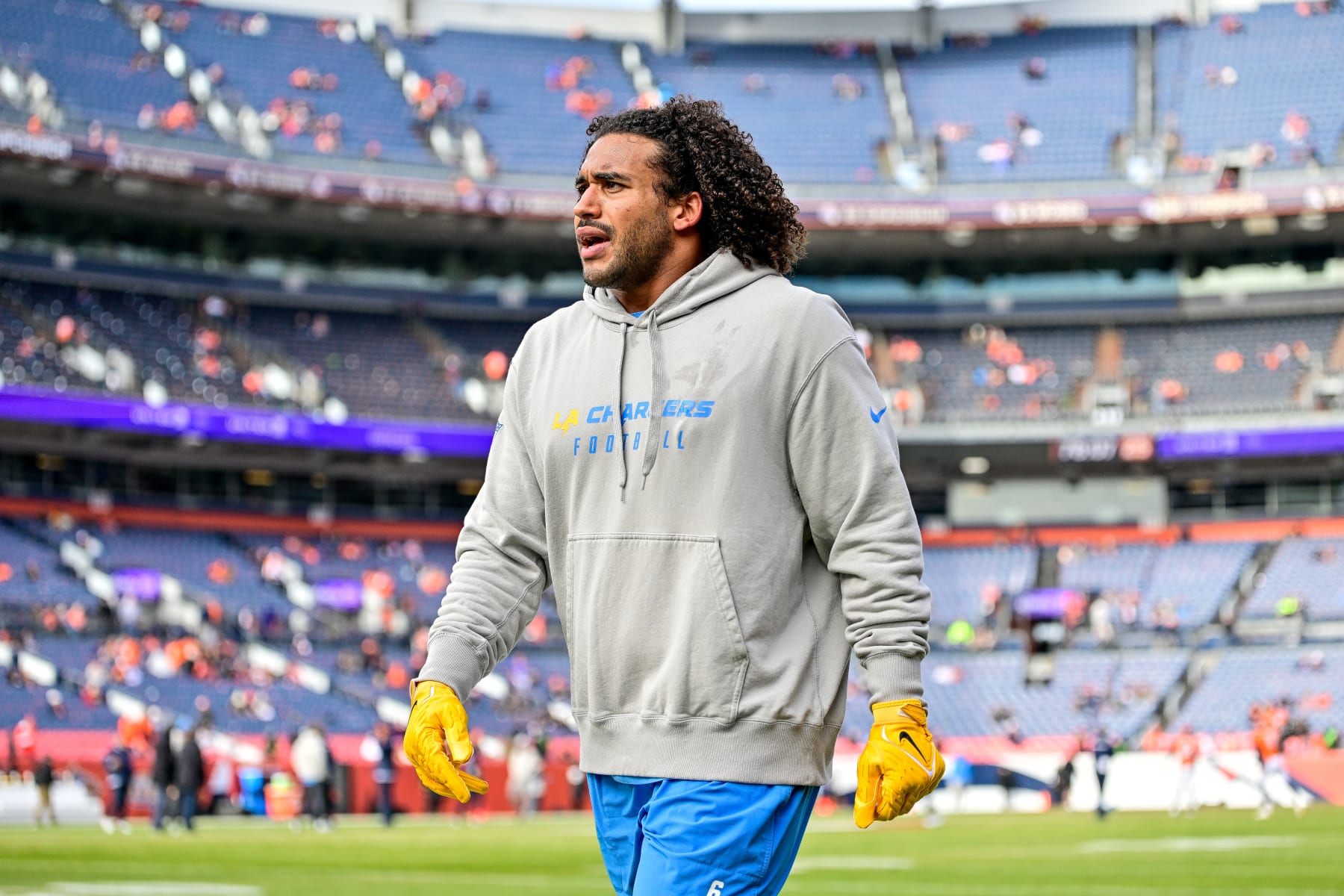
While the Eagles have been proactive this offseason, the rival Dallas Cowboys have been largely inactive. They've added linebacker Eric Kendricks and re-signed Rico Dowdle, Chuma Edoga, Jourdan Lewis and Trent Sieg. And, that's it.
In the meantime, the Cowboys lost left tackle Tyron Smith, center Tyler Biadasz, running back Tony Pollard, pass-rusher Dorance Armstrong and defensive tackle Johnathan Hankins.
This leaves the Cowboys with huge holes at important positions like left tackle, center and running back, and it weakens a defense that ranked a middling 16th in rushing yards allowed.
Yes, the Cowboys were and are short on cap space ($6.2 million remaining), but teams regularly employ cap gymnastics to find space. The Cowboys haven't, and they're far worse on paper than they were a couple of months ago.
It had seemed that Dallas was more interested in locking up quarterback Dak Prescott and receiver CeeDee Lamb—both impending 2025 free agents—but that may not be part of the plan either.
According to NFL Media's Ian Rapoport, the Cowboys and Prescott have decided that playing out his contract is the best course of action.
The optimist's view is that Dallas plans to plug all of its holes in the draft. Given the club's various needs, a lack of overall depth in the 2024 class and Dallas' recent history of targeting developmental prospects (Mazi Smith, Luke Schoonmaker), that view could be wrong.
Maybe it isn't. Perhaps Dallas shores up its line early and counts on a hot free-agent RB market to yield a starter on Day 3. For a team that just got blown out in the Wild Card Round, though, standing pat makes zero sense.
Best: Houston Texans Dive into Win-Now Approach
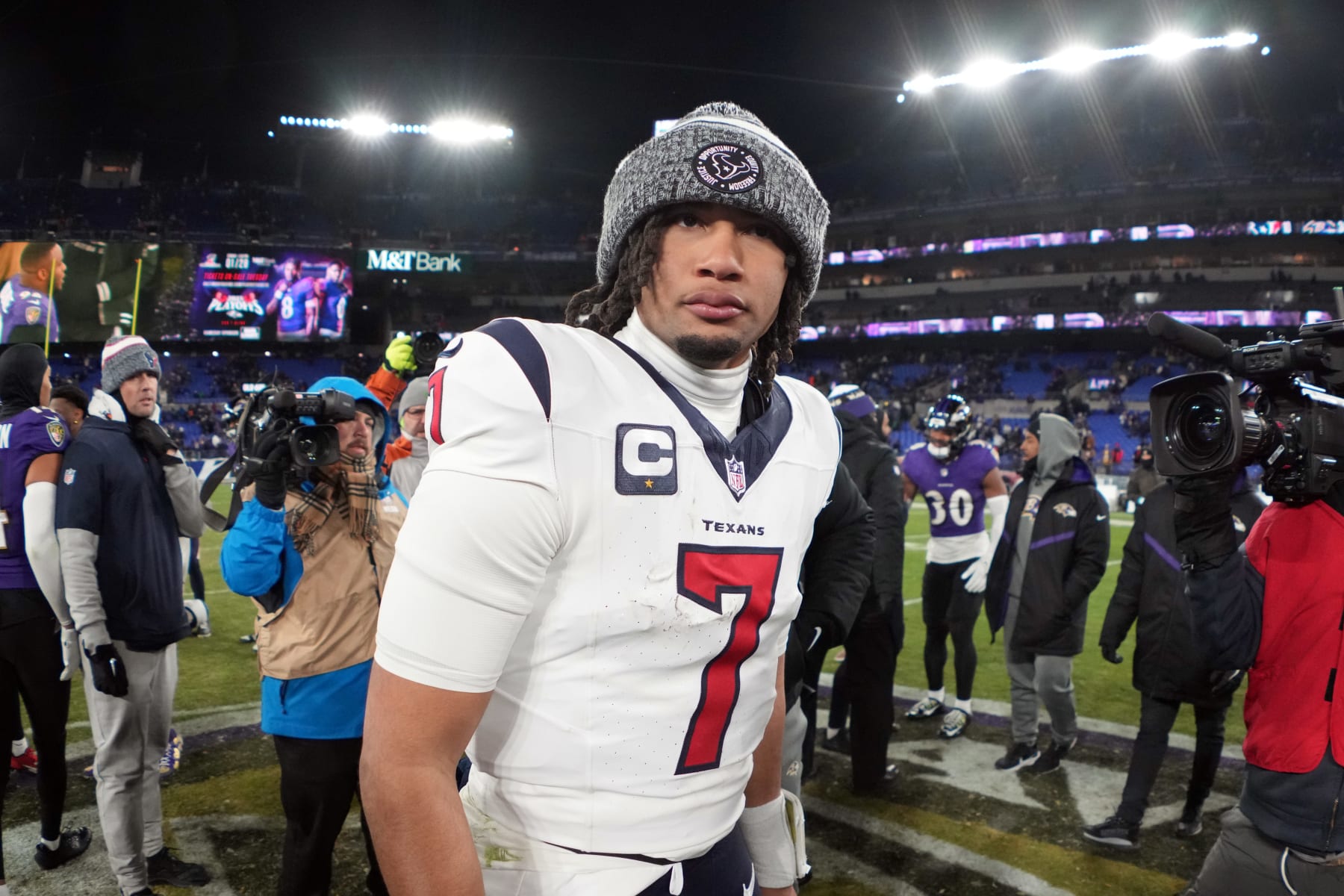
Trading for Diggs was only the Houston Texans' latest maneuver in what has been a very aggressive offseason. General manager Nick Caserio also added pass-rusher Danielle Hunter, linebacker Azeez Al-Shaair, defensive lineman Denico Autry and cornerback Jeff Okudah.
The Texans also re-signed Dalton Schultz, Noah Brown and Desmond King II while trading for running back Joe Mixon.
For Houston, the win-now approach to the offseason has been brilliant. The Texans have their quarterback in C.J. Stroud, and he'll be on a rookie contract for at least two more seasons—he'll be extension-eligible in 2026.
Head coach DeMeco Ryans quickly changed the culture in Houston, but Stroud's rapid ascension made the Texans playoff contenders. The Texans are ready to win, and they can afford to splurge because of Stroud's budget contract.
Yes, the Texans' window is just opening, but being aggressive now was the right strategy because doing so will be much harder once Stroud gets the proverbial bag. And it's not as if Caserio got overly aggressive and mortgaged the team's future to do it.
On the contrary, Houston has taken a measured approach to its spending. Its biggest moves have come at premium positions (receiver and pass-rusher), and the projected elite talents at those positions are often gone by the 23rd overall pick in the draft.
The Texans instead flipped that pick to the Minnesota Vikings, grabbing a future second-round selection while keeping two picks in a wide second talent tier that stretches from the late first round to the early third.
The Texans have added the instant-impact players needed to make another jump in 2024. They can now use the draft to continue building for the long term.
Worst: Baltimore Ravens Part with Too Much Talent
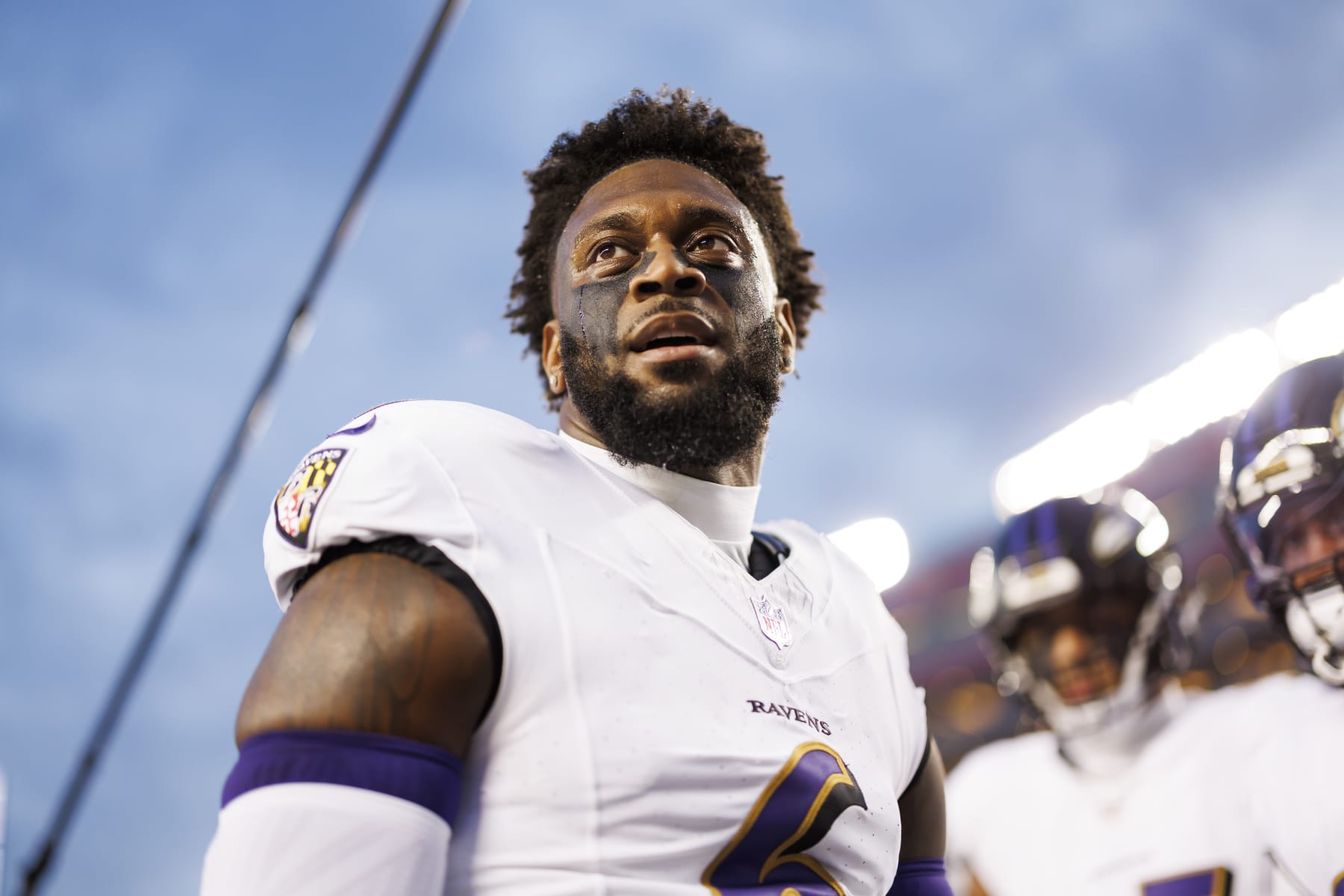
Yes, the Baltimore Ravens added running back Derrick Henry in free agency, and it was a huge move. Henry's combination of physicality and burst will pair with Lamar Jackson's elite dual-threat ability to give Baltimore a very scary offense.
However, the Ravens aren't necessarily better than they were when they lost to the Kansas City Chiefs in the AFC title game. Baltimore re-signed Justin Madubuike, Brent Urban, Kyle Van Noy and Nelson Agholor, but it also lost a lot of talent.
Key 2023 contributors like pass-rusher Jadeveon Clowney, linebacker Patrick Queen, guard John Simpson, cornerback Ronald Darby and safety Geno Stone are now elsewhere. The Ravens also traded away right tackle Morgan Moses.
The Ravens' losses actually began when defensive coordinator Mike Macdonald left to become the Seattle Seahawks head coach, though that was out of the team's control.
Championship-caliber teams can find it tough to keep rosters together, and Baltimore had a lot of free agents this offseason. It was still strange to see the Ravens part with so many pieces of a roster that came within a game of the Super Bowl when they weren't cap-strapped and still have $12.3 million remaining.
The counterpoint is that the Ravens have recently done a good job of pairing talent with need early in the draft, with safety Kyle Hamilton, center Tyler Linderbaum and receiver Zay Flowers quickly becoming significant contributors. We should expect offensive linemen and pass-rushers to be an early-draft priority for Baltimore.
Still, the Ravens' half-in approach to free agency seems odd for a franchise seemingly on the cusp of a Super Bowl.
Best: Steelers Reshape Their QB Room on a Budget
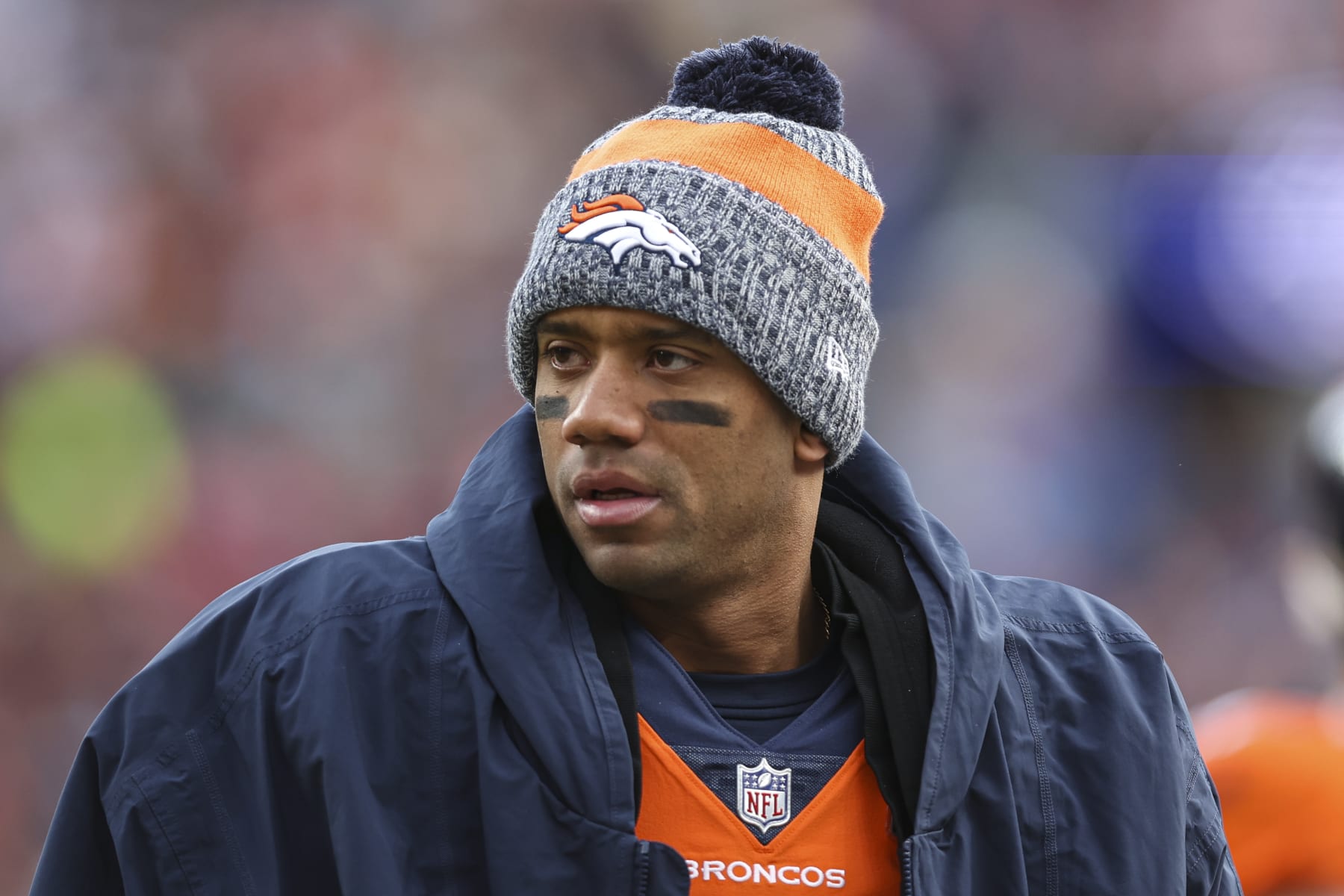
The Pittsburgh Steelers have never experienced a losing season under head coach Mike Tomlin, but they haven't won a playoff game since 2016 either. Tomlin is entering the final year of his contract, and it's fair to wonder how committed he'd be to sticking around if postseason success doesn't seem inevitable.
The reality is that 2022 first-round pick Kenny Pickett never felt like a quarterback who would carry Pittsburgh to a deep postseason run. So Pittsburgh remade its quarterback room and did so on the cheap.
First, the Steelers signed future Hall of Famer Russell Wilson to a league-minimum one-year, $1.2 million contract. They then flipped Pickett to Philadelphia and acquired Justin Fields for nothing more than a conditional sixth-round pick in 2025.
Wilson hasn't been great over the last two years, but his numbers in 2023 (26 TDs, 8 INTs, 98.0 QB rating) were far better than what the Steelers got out of Pickett. Signing him at a bargain left room to add players like Patrick Queen, Van Jefferson and Dean Lowry.
Adding Fields gave Pittsburgh a young developmental quarterback to replace Pickett. It also means that the Steelers can use the 20th overall selection on the best player available without having to force the pick of a possible quarterback of the future—something they did when they drafted Pickett in the first place.
Improved quarterback play will make the Steelers a more formidable postseason contender, which, in turn, may tempt Tomlin with a more favorable situation.
Tomlin's future aside, the combined moves for Wilson and Fields were brilliant. The Steelers gambled on both players, but they didn't overpay to do so, which leaves flexibility in the 2024 draft and financial flexibility in future offseasons.
